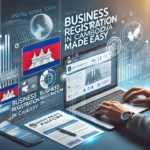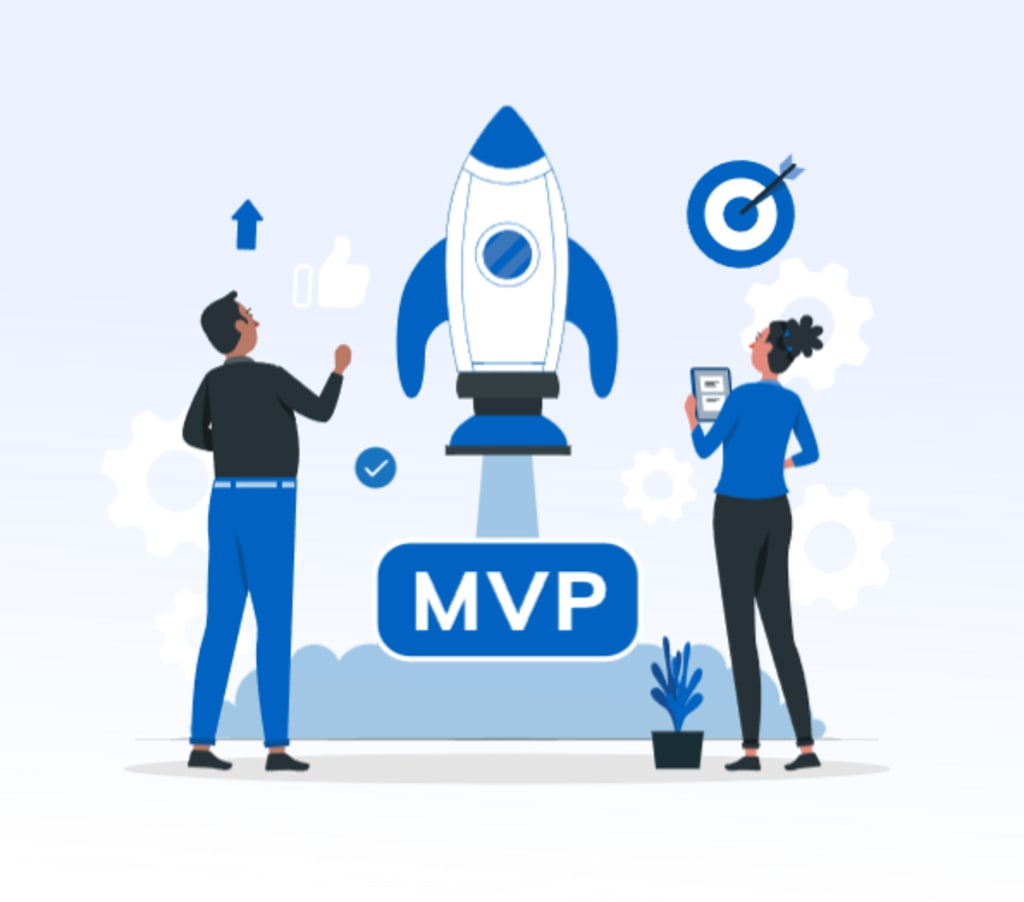Empowering Innovation: The Role of MVP Development Agencies
In the dynamic world of technology and entrepreneurship, speed and precision in product development are critical. Companies, especially startups, need to validate their ideas quickly, minimize risks, and make informed decisions before fully committing to extensive product development. This is where Minimum Viable Product (MVP) development agencies come into play. These agencies specialize in bringing product concepts to life efficiently and effectively, providing businesses with the opportunity to test, learn, and iterate. This article delves into the significance of MVP development agencies, their core services, and how they drive innovation and growth for businesses.
Understanding MVP Development Agencies
MVP development agencies focus on creating the minimum viable version of a product that includes only the essential features needed to test hypotheses and gather user feedback. This strategic approach allows companies to introduce a product to the market quickly, learn from real user interactions, and refine the product based on actual data. MVP development agencies combine technical expertise, design skills, and market insights to deliver products that meet user needs and business goals.
Core Services Offered by MVP Development Agencies
- Idea Validation and Market Research:
- The first step in MVP development is validating the product idea. Agencies conduct comprehensive market research to understand the target audience, competitive landscape, and market demand. This ensures that the product concept is viable and aligned with market needs.
- Defining Core Features:
- MVP development agencies work closely with clients to identify and prioritize the core features that address the primary user problems. This step involves stripping down the product to its essential functionalities, ensuring a focused and effective MVP.
- Prototyping and UX/UI Design:
- Agencies create interactive prototypes and design mockups to visualize the product and gather initial feedback. A user-centric design approach ensures that the product is intuitive, engaging, and meets user expectations.
- Agile Development and Iteration:
- Using agile methodologies, MVP development agencies build the product iteratively. This approach allows for continuous testing, feedback incorporation, and rapid improvements, ensuring that the product evolves in line with user needs and market dynamics.
- Quality Assurance and Testing:
- Rigorous testing and quality assurance processes are integral to MVP development. Agencies conduct various tests to ensure that the product is functional, reliable, and performs well under different conditions.
- Launch and User Feedback:
- The MVP is launched to a select group of early adopters to gather real-world feedback. Agencies analyze user interactions, collect data, and identify areas for improvement to refine the product further.
- Post-Launch Support and Scaling:
- MVP development agencies provide post-launch support, including bug fixes, performance monitoring, and feature enhancements. As the product gains traction, agencies assist in scaling the product, adding new features, and expanding its market reach.
Benefits of Partnering with an MVP Development Agency
- Expertise and Experience:
- MVP development agencies bring a wealth of experience and expertise to the table. Their knowledge of best practices, industry trends, and technical skills ensures that the product is developed efficiently and to a high standard.
- Time and Cost Efficiency:
- By focusing on core features and using agile methodologies, MVP development agencies can bring products to market quickly and cost-effectively. This efficiency allows businesses to validate their ideas without significant financial investment.
- Risk Mitigation:
- MVP development agencies help mitigate risks by testing the product in the market with real users. This approach identifies potential issues early, reducing the likelihood of costly mistakes and ensuring that the product meets user needs.
- Flexibility and Scalability:
- The iterative nature of MVP development allows for flexibility and adaptability. Agencies can quickly incorporate user feedback, make necessary adjustments, and scale the product based on market response.
- Data-Driven Insights:
- MVP development agencies leverage data analytics to gather insights from user interactions. These data-driven insights inform product improvements, enhance user experiences, and guide future development decisions.
Choosing the Right MVP Development Agency
Selecting the right MVP development agency is crucial for the success of your project. Here are some factors to consider:
- Portfolio and Track Record:
- Review the agency’s portfolio and case studies to assess their experience and the quality of their work. A proven track record in MVP development indicates their capability to deliver successful products.
- Client Testimonials and References:
- Client testimonials and references provide insights into the agency’s reliability, communication, and performance. Positive feedback from previous clients is a good indicator of the agency’s professionalism and expertise.
- Technical Proficiency:
- Ensure that the agency has the technical skills and resources to handle your project. This includes expertise in relevant technologies, programming languages, and development frameworks.
- Collaborative Approach:
- A successful MVP development project requires close collaboration between the agency and the client. Choose an agency that values transparency, provides regular updates, and fosters a collaborative working relationship.
- Post-Launch Support:
- Ensure that the agency offers comprehensive post-launch support, including maintenance, bug fixes, and further development. This ensures that your product remains functional and can evolve based on user feedback.
The Future of MVP Development
As businesses continue to prioritize innovation and agility, the demand for MVP development agencies is expected to grow. Several trends are likely to shape the future of MVP development:
- Integration of Emerging Technologies:
- MVP development will increasingly incorporate emerging technologies such as artificial intelligence, machine learning, and blockchain. These technologies will enhance product functionality and provide new value propositions for users.
- Focus on User Experience:
- With the rise of user-centric design, MVP development will place greater emphasis on creating intuitive and engaging user experiences. This focus will drive higher user satisfaction and adoption rates.
- Remote and Distributed Teams:
- The shift towards remote work and distributed teams will continue to influence MVP development. This trend will enable agencies to access a global talent pool and collaborate effectively across geographies.
- Sustainability and Ethical Considerations:
- As sustainability and ethical considerations gain importance, MVP development will increasingly focus on creating products that align with these values. This approach will attract socially conscious users and enhance brand reputation.
Conclusion
MVP development agencies play a crucial role in helping businesses innovate, validate ideas, and achieve market success. By partnering with a reliable MVP development agency, companies can bring their product concepts to life quickly, gather valuable user feedback, and make informed decisions before committing to full-scale development. As the demand for agile and user-centric product development continues to grow, embracing the MVP approach can unlock new opportunities for growth, efficiency, and success in an ever-changing business landscape. Investing in an MVP development agency is a smart decision that promises long-term benefits and positions businesses at the forefront of innovation.








